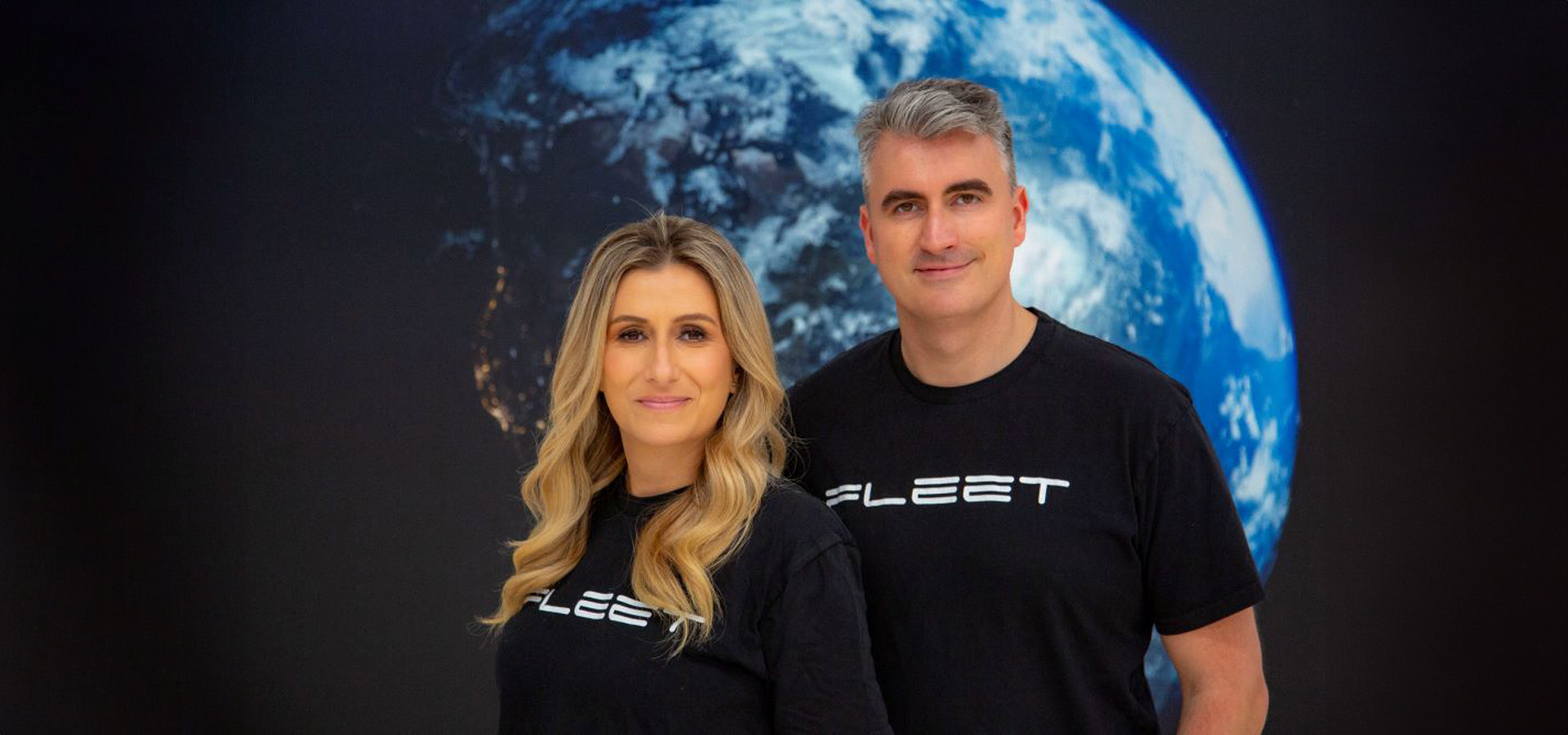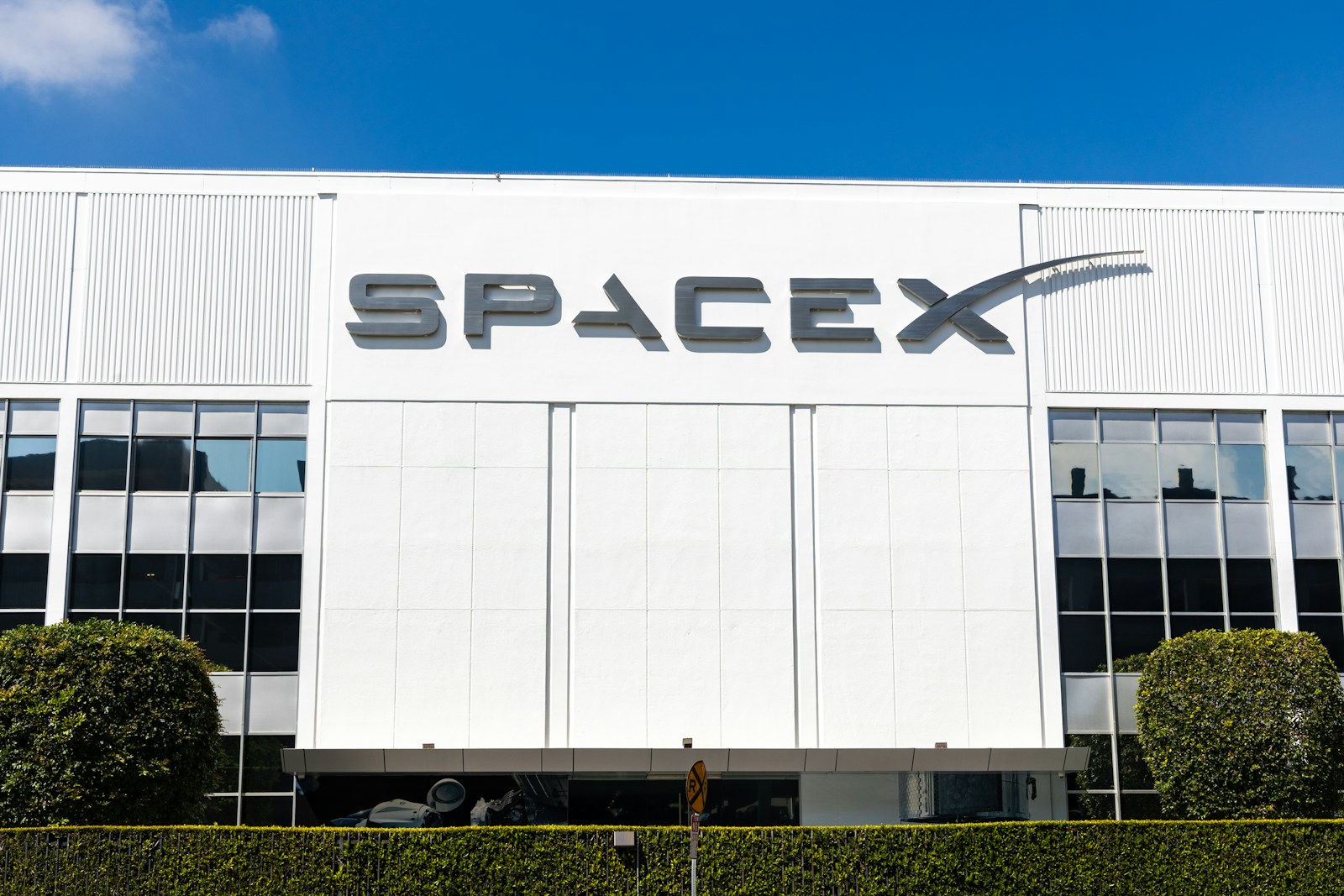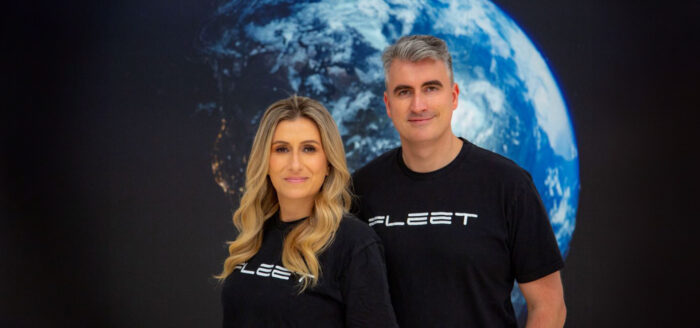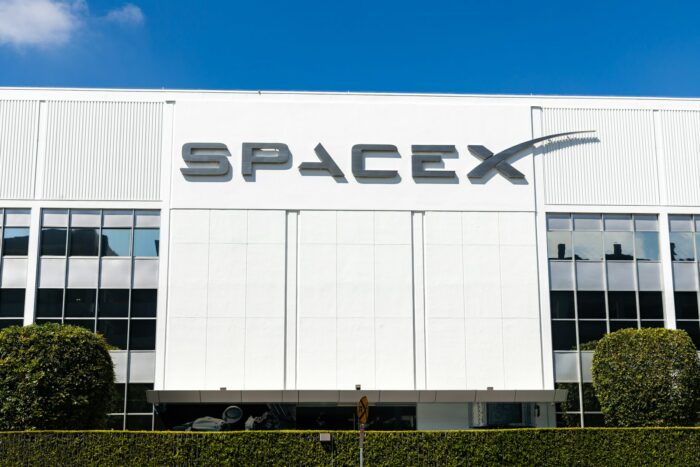By Ria Urban
Insider Brief:
- From band violinist to space tech leader, Rob Adlard’s passion for astronomy and engineering shaped Gravitilab’s founding.
- More than a rocket company, Gravitilab focuses on revolutionizing space research and enabling easier access to microgravity for businesses.
- The company is pushing the boundaries in space exploration with cost-effective, quick access, and sustainable space operations.
- Gravitilab is tapping into the commercial potential of microgravity, aiming to assist a variety of industries beyond traditional space tech.
Who says art and technology don’t mix? Rob Adlard, Co-founder, CEO and CTO of Gravitilab, shares his unique journey from his early career as a band violinist and composer to now spearheading space and tech innovations. Adlard’s journey was not a straight path but his dual fascination for astronomy and practical engineering eventually led him to help establish a fully-fledged UK space tech industry.
Gravitilab is working to revolutionize space travel and research. In Adlard’s words, it’s not “just a rocket company,” but rather an ecosystem to transform scientific research and technology. One of the company’s main goals is to enable more businesses to conduct research in microgravity and have better access to space for technology development as “nobody had really done what I would describe as a new space treatment of suborbital vehicles,” says Adlard.
Gravitilab develops vehicle modules that help facilitate scientific research and testing of advanced materials. Adlard explains that these modules address different market segments offering standardized testing for biochemicals, pharmaceuticals, quantum, and can even be flown to the International Space Station (ISS) for use. On the vehicle side, they’re taking a portfolio-based approach, working on technologies that are geared towards suborbital testing and development. Gravitilab is uniquely positioned in the market, unlike other rocket companies that primarily focus on launch services.
The decision to be based in Norfolk, according to Adlard, is due to the region’s rich heritage in aviation and burgeoning role in advanced manufacturing. The hope is to tap into the local scientific and advanced manufacturing ecosystem, thus cultivating indigenous space-tech resources.
“What we’re interested in doing is exploiting various technologies to help advance scientific research and technology destined for space. We’re not a rocket company. We’re trying to develop various technologies, as a portfolio, to transform the opportunities to be able to conduct research in microgravity and in space, and have access to space for technology development,” reiterates Adlard.
Gravitilab’s services aim to enhance innovation and sizable space exploration efforts. Adlard sheds light on current challenges faced by space ventures, particularly startups:
“If you want to do a demonstration of something in orbit, your payload would sit on the shelf at SpaceX for a couple of years, costing a lot more than people think.”
In contrast, Gravitilab’s suborbital vehicle service aims to provide a better way – cheaper and faster access to space for short periods with a controlled schedule.
Furthermore, Gravitilab is also making strides towards sustainability in space operations. This includes using electrically propelled unmanned aerial vehicles (UAVs), exploring ways to minimize waste and maximize the use of biomaterials and recycled and recyclable materials for vehicle construction, as well as working towards carbon-neutral biofuel for their hybrid rocket engines.
Adlard is candid about the technical complexities of their projects, some of which involve testing for quantum sensing and reducing large quantum sensors to space-friendly sizes. Their UAV system, Louis, is ready to begin commercial operations while the company is also planning to tap into the very low Earth orbit (VLEO) market. Adlard predicts that their suborbital vehicle will be ready to fly at the end of 2024 from Spaceport 1 in Scotland.
The applications of Gravitilab’s technology go beyond traditional space tech sectors – even chocolate manufacturers have shown interest in the use of microgravity to test bubble formation under these unusual conditions.
“We’re sort of upstream services. But there’s an enormous downstream from microgravity services, as there is with space data, where there are all these companies that are not space companies, but they would benefit from access to space, and the data that they can get from testing in microgravity,” Adlard explains.
Adlard is excited about the potential of the commercial microgravity market, with numerous companies that could benefit from microgravity testing to develop innovative products. This transformation in the way that hardware is tested and demonstrated in space, along with the recent progress in commercial microgravity, is comparable to the shift observed in the space data industry. Gravitilab aims to enable these companies, fostering a complete technological readiness level (TRL) journey from concept to commercialization.
Financing has involved a mix of co-founding finance, business angels, smaller funds, and potential investment from venture capital funds.
While Gravitilab’s journey has been uniquely varied, the future of space tech appears to be as limitless as the universe itself. The insights shared by Rob Adlard illuminate the path forward, particularly in making space more accessible and sustainable for businesses to drive potential innovations and deliver groundbreaking technology for the benefit of all.
Share this article:










